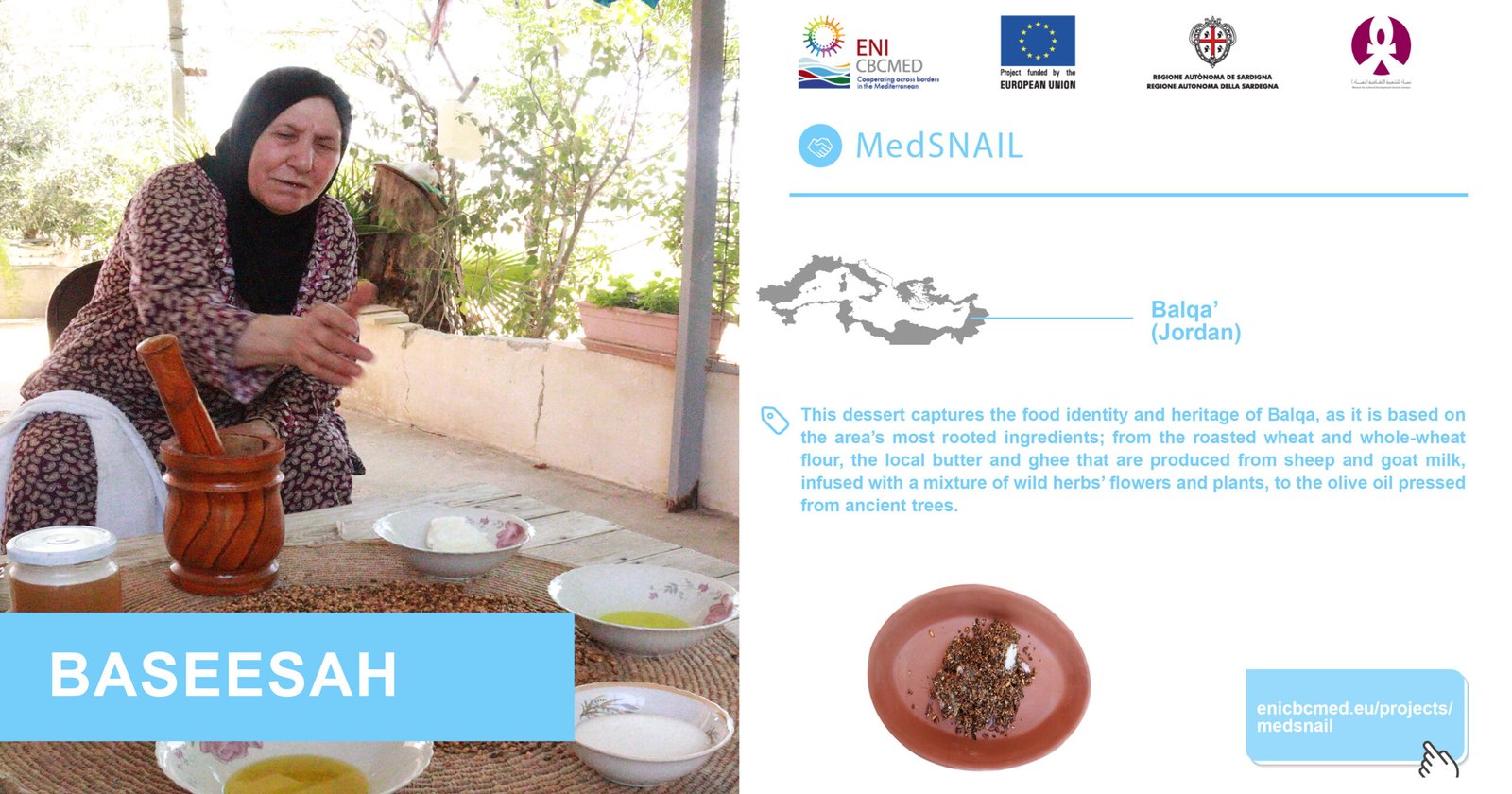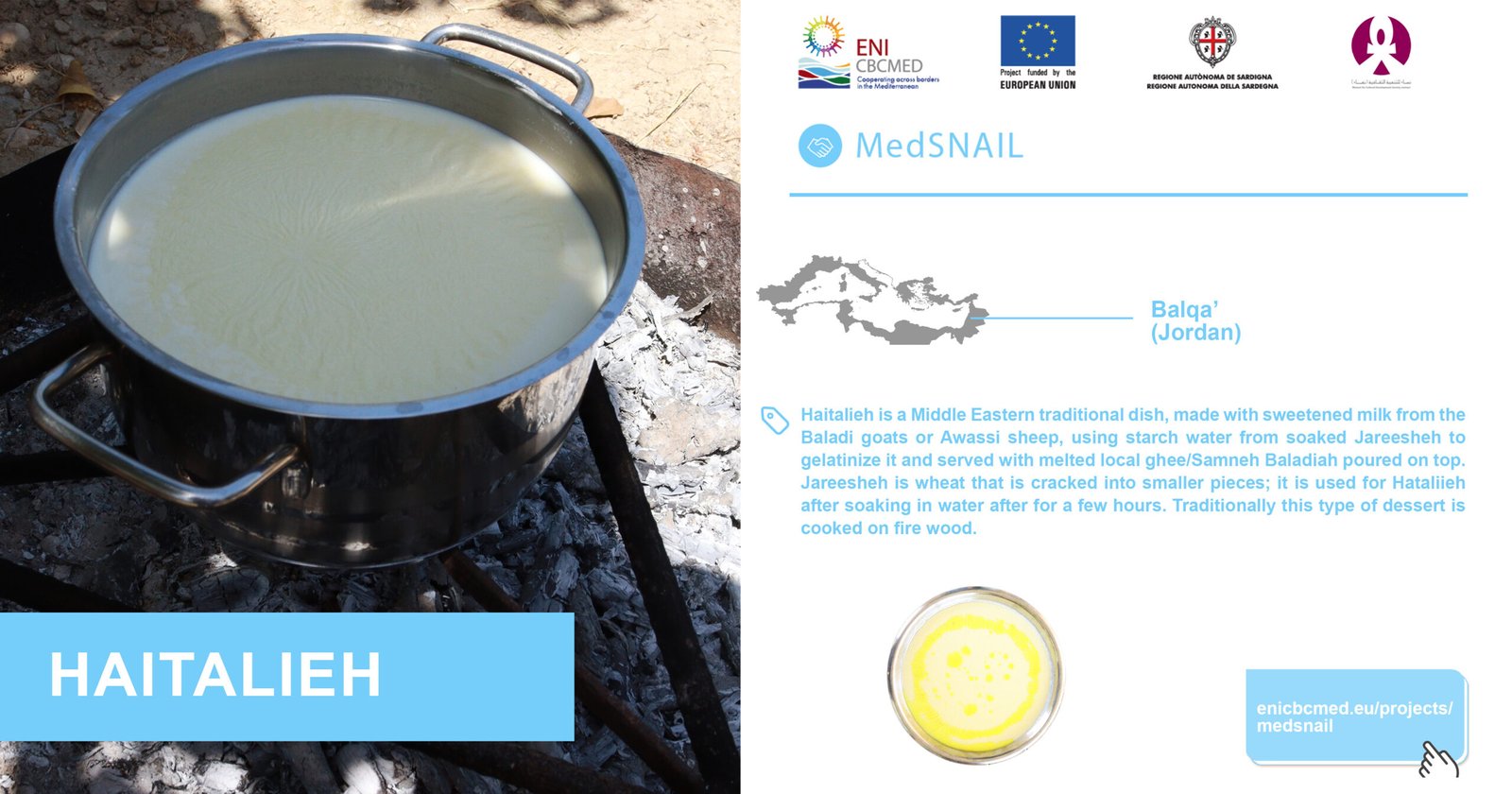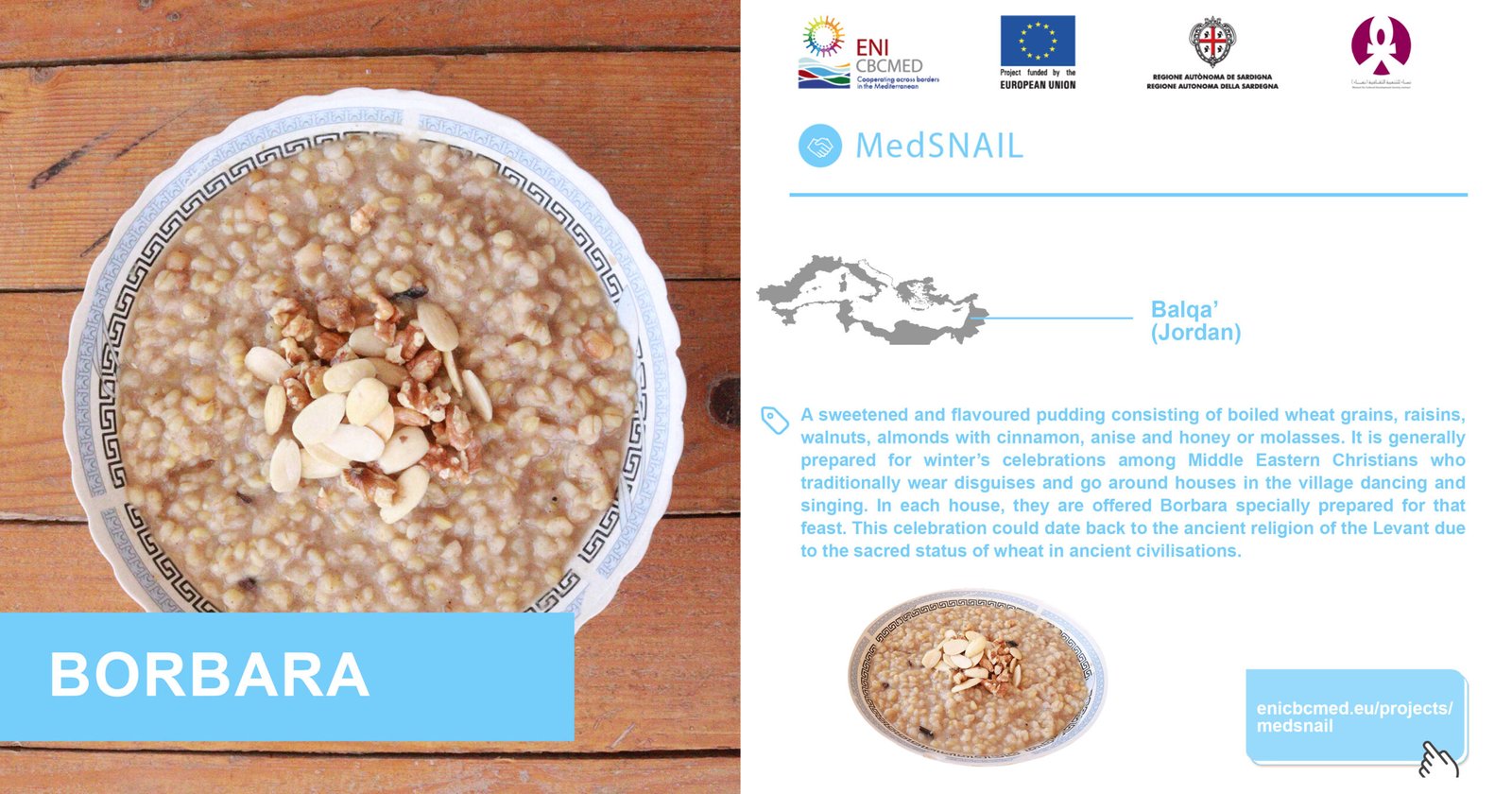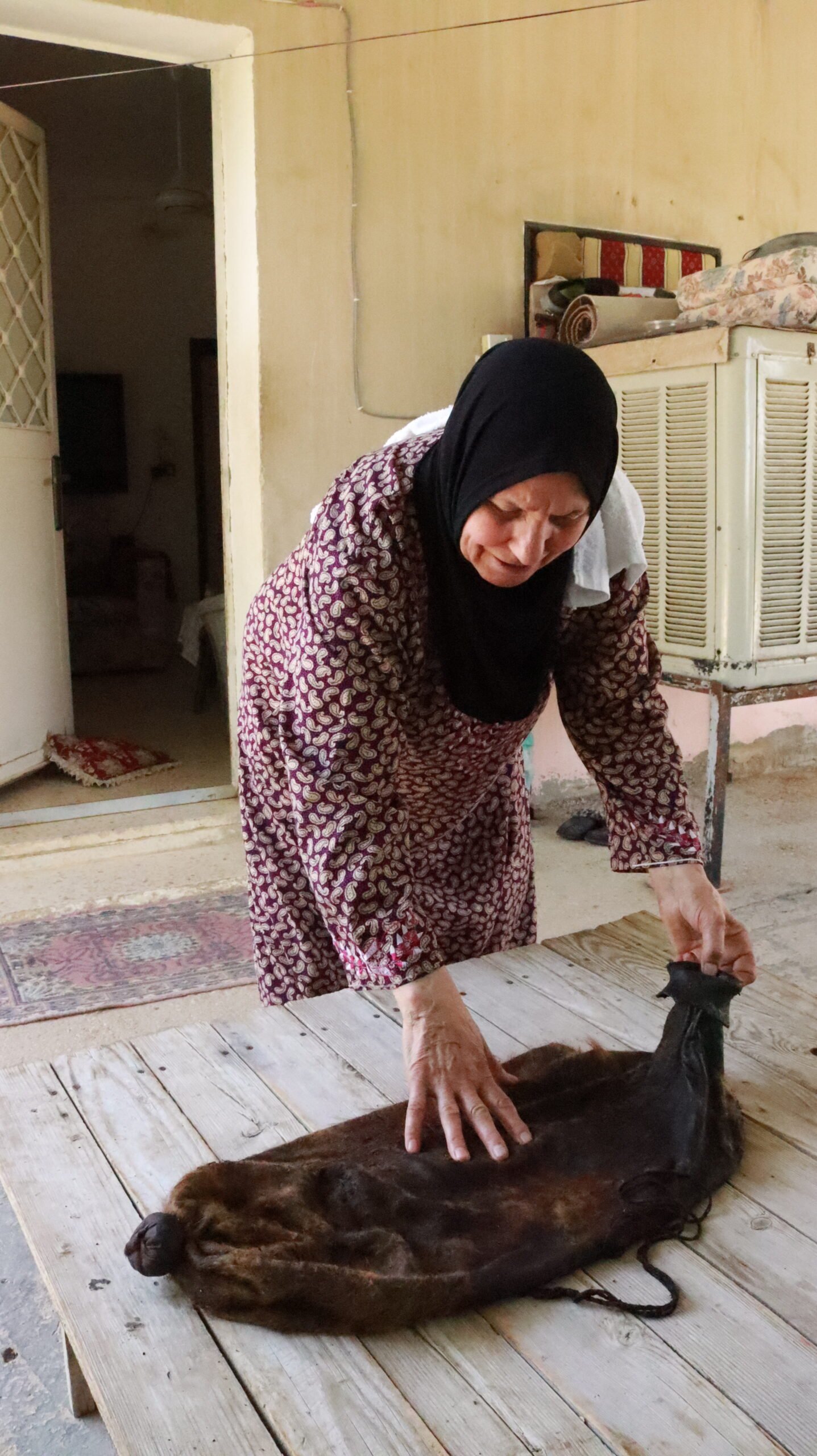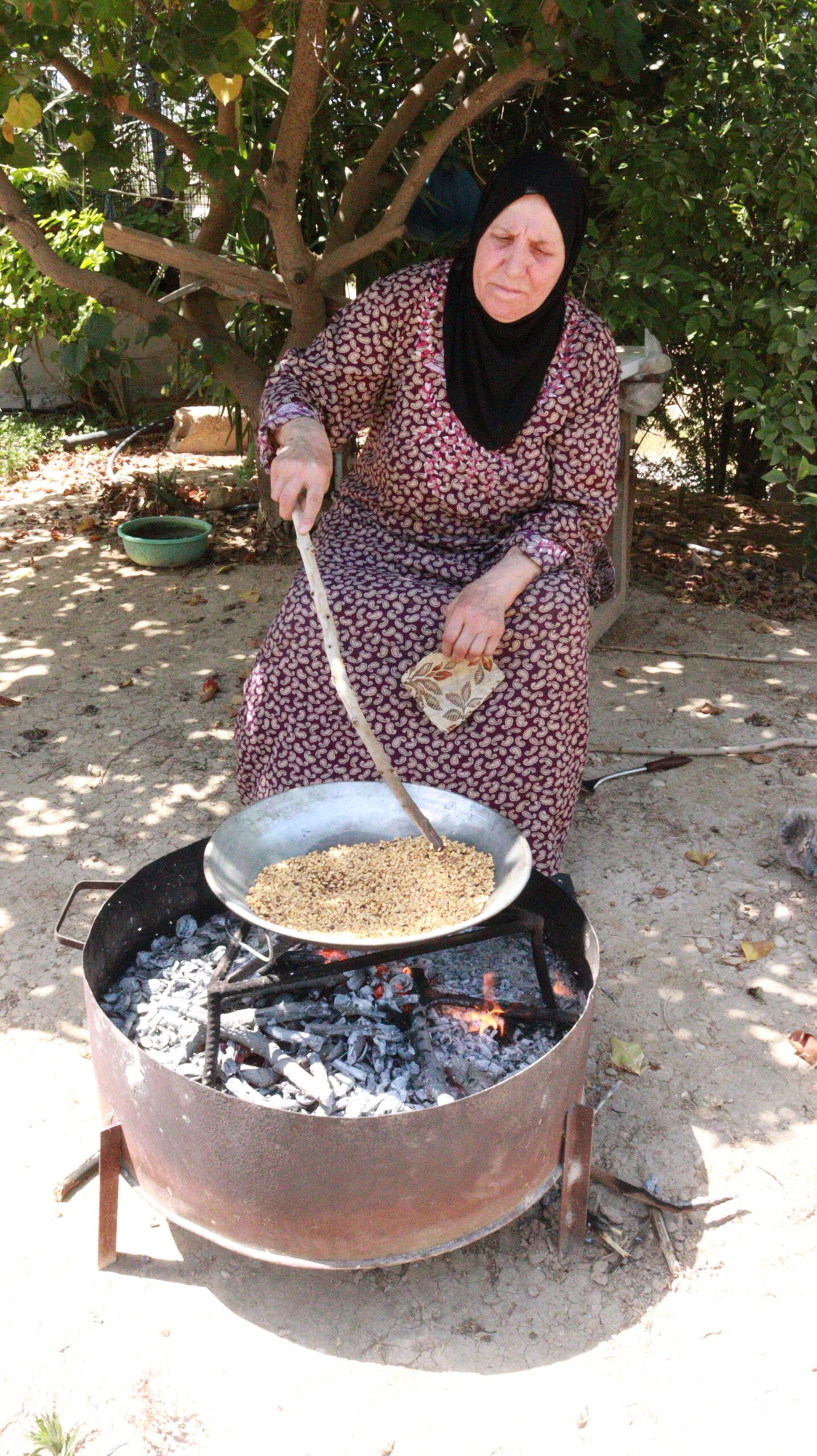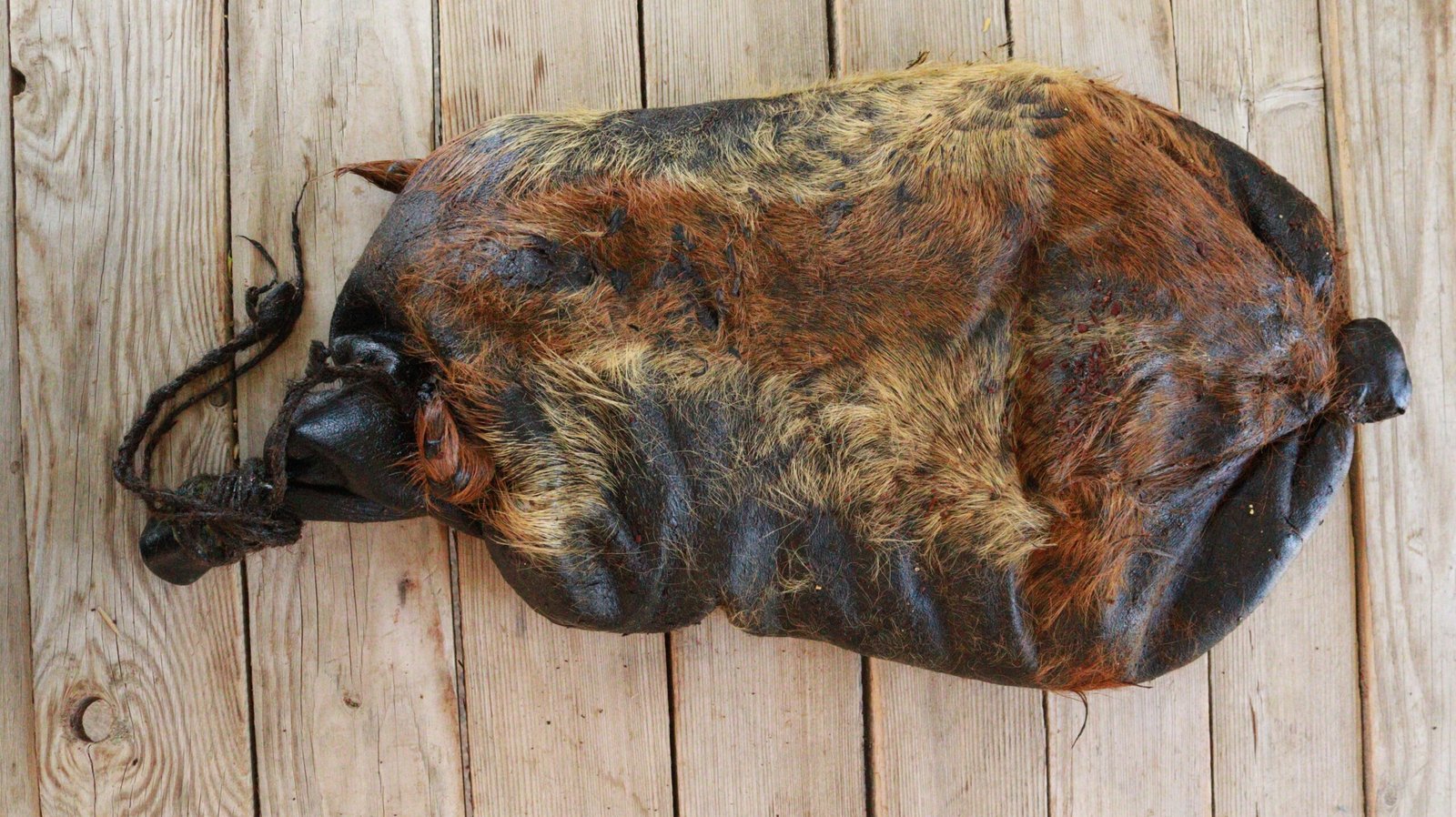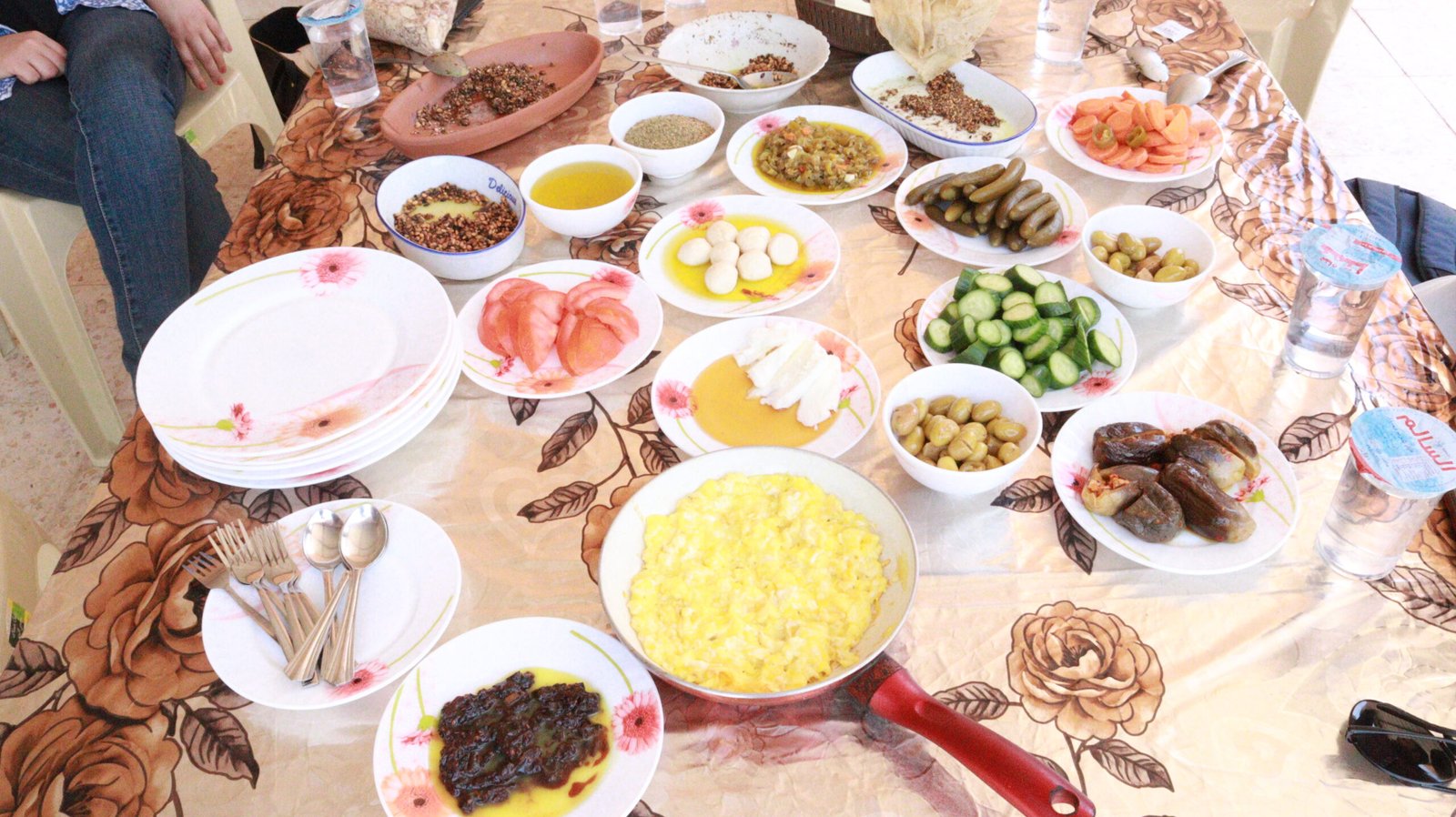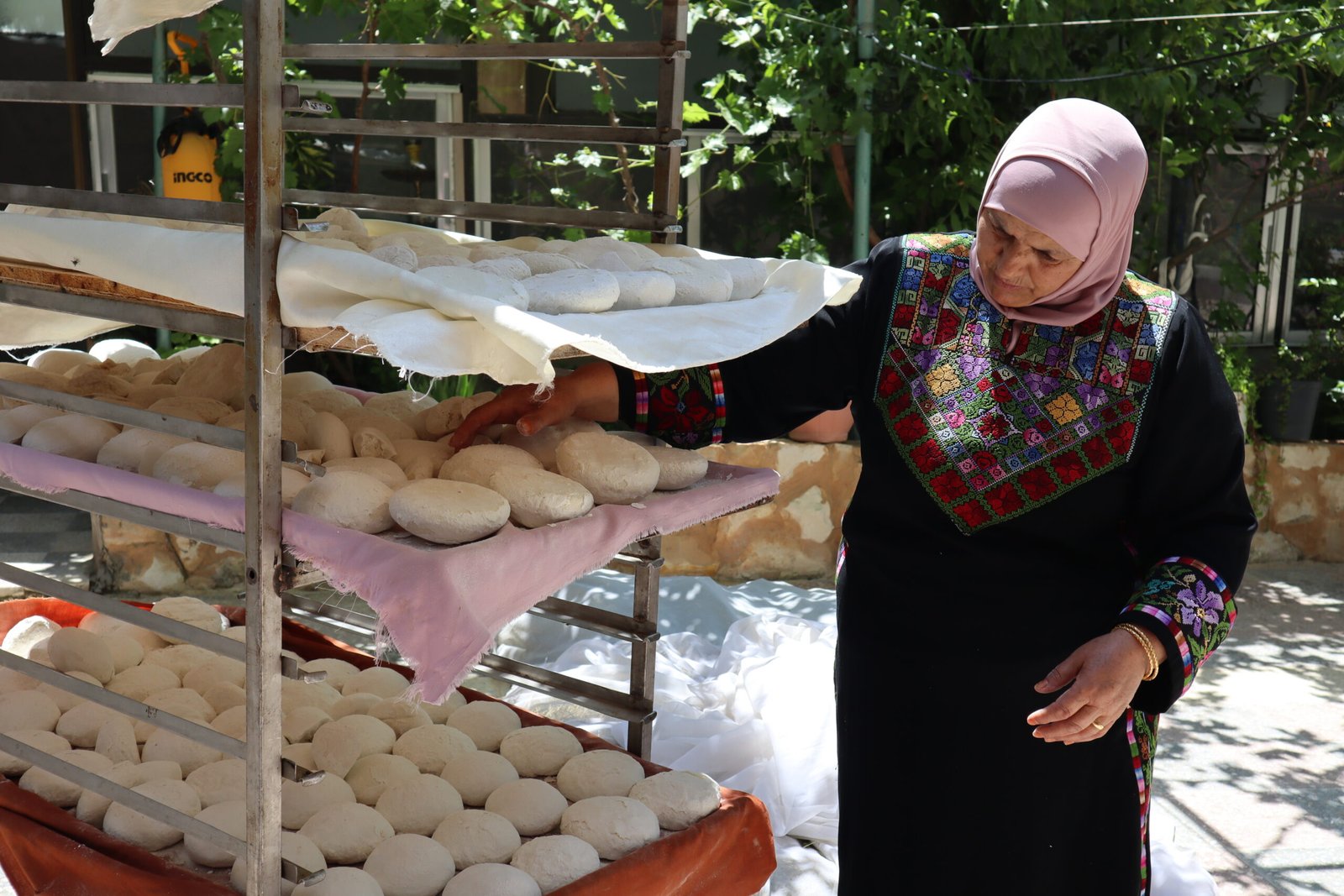MedSNAIL
Sustainable Networks for Agro-food Innovation Leading in the Mediterranean
Mediterranean basin countries present a rich variety of agro-food products deeply rooted in local culture and biodiversity and representative of the Mediterranean diet. These territories also share common issues and challenges in the agro-food sector such as gradual loss of local varieties, rural poverty (mostly affecting women), limited investment capacity of rural entrepreneurs and lack of training on socio- environmental sustainability, business planning, and marketing strategies. MedSNAIL intends to tackle these issues by fostering the valorisation and development of small-scale traditional agro-food value chains, combining enhancement of market potentialities and socio-environmental sustainability. Project activities will build on the well-established experience, principles and methods of SlowFood, an international grassroots organization promoting traditional food with a strong focus on biodiversity preservation.
Aims of the project
General objective
Fostering socially and environmentally sustainable development of agro-food SMEs by valorising traditional Euro-Mediterranean products according to a “slow” approach and short- chain principles.
Specific objectives
Structuring and testing consultancy, support and training services to be provided to local actors (agro-food SMEs, public authorities) in order to raise awareness on the SLOW principles and define new pathways for a sustainable and durable development, beyond major economic trends Promoting clustering of traditional products/producers, through a common approach to selected products in the cooperation area, thus increasing their visibility and diffusion in domestic and Euro-Mediterranean markets and triggering rural development while preserving local heritage and identity
Expected results
MedSNAIL Legacy
This is a final document summarizing results achieved and lessons learnt, suitable for being used as a main output for updating the project methodology in view of its replicability and capitalization. Indeed it will be used during the capitalization seminars
Sustainable food value chain pilot projects
Pilot projects will aim at valorising and enhancing specific local food productions, improving the related value chain and encouraging the adoption of sustainable business models and marketing initiatives; therefore, they will be designed on the model of Slow Food Presidia, e.g. small networks of producers involved in the production of a specific food that respects the good-clean-&-fair criterion. At least half of them will realistically achieve Slow Food certification as Presidia
Marketing and promotion tools
They will be developed starting from the second year of the project, once the action framework is already established. Tools to be implemented include: 6 farmers’ markets (of which at least 3 Slow Food Earth Markets), 6 narrative labels for as many target products, 1 Euro-Mediterranean Chef Alliance. Setting the tools will also require the involvement of a larger number of target groups, including also local authorities (i.e. municipalities for farmers’ markets), restaurateurs, chefs, etc. Slow-hubs for quality
Consultancy services to SMEs
Slow-hubs launched in each partner region will be permanent networks/clusters of stakeholders to consolidate the food communities and guarantee a proactive participation even after the end of the project. Their coordinated action will contribute to create new initiatives and policies at the regional and cross–border level and reach the critical mass that is necessary for the start-up and capitalisation of significant economic growth.
Typical local meal: Qors Al-Nar "Bread of Fire" from Salt
Jordan experience of local and tipycal meal from Salt
Video on mapping activity on Balqa.
Several producers are still growing their crops, breeding indigenous species of animals and processing these products. This is an example of the mapping activity on Jordan, the region of Balqa.
Project total budget 2.028.807,74 €
ENI Contribution (90%)1.825.926,97 €
Prject duration 48 months
Partnership

